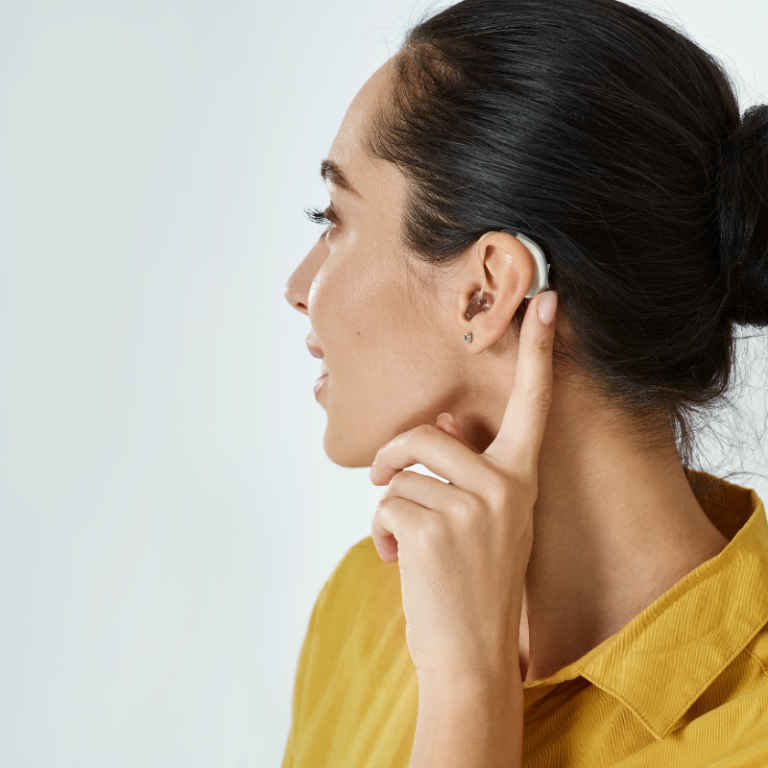Main types of tinnitus
There are many different types of tinnitus however the three main types are most common – subjective, objective, and pulsatile.
Subjective tinnitus
This type of tinnitus is the most common type where only the person experiencing it can hear the sounds. This type of tinnitus often results from irregularities in the communication between the auditory nerves and the brain, or underlying issues within the ear.
Objective tinnitus
Objective tinnitus is much rarer than subjective tinnitus. It’s a type of tinnitus that sometimes allows those in close proximity to the sufferer to also hear the tinnitus sounds. It is often caused by vascular or muscular issues.
Pulsatile tinnitus
Pulsatile tinnitus is a type of tinnitus where the sufferer will hear sounds synchronised with the rhythm of their heartbeat. It is often linked to the constriction in blood flow around the head, neck, or ears.
It could also be a potential indicator of an underlying medical condition, making it crucial to get help and guidance from a healthcare professional.




